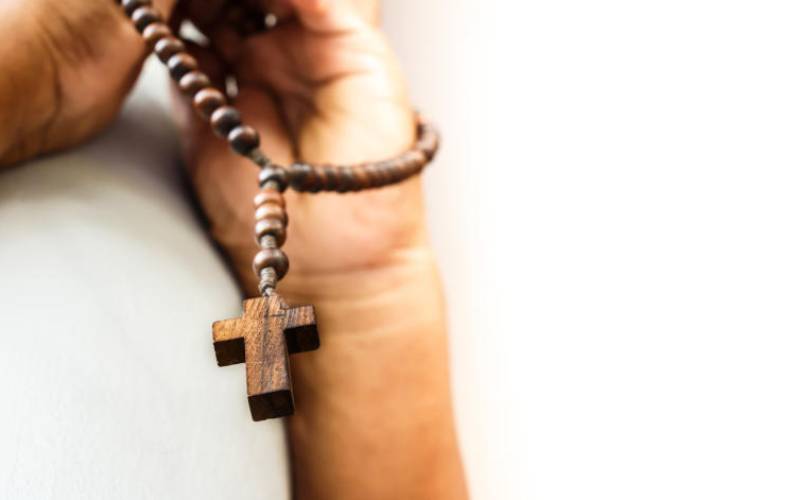×
The Standard e-Paper
Stay Informed, Even Offline

Doctors have witnessed firsthand, how religion interferes with health outcomes, faith often being mixed with faith healing. [Courtesy]
When Covid came calling in March last year, the Catholic Doctors Association urged fellow faithful to skirt the jab arguing it was not safe. But Catholic bishops later disowned the call and sadly, the chair of the association, Dr Stephen Karanja who was also against polio, cervical cancer and tetanus vaccines.